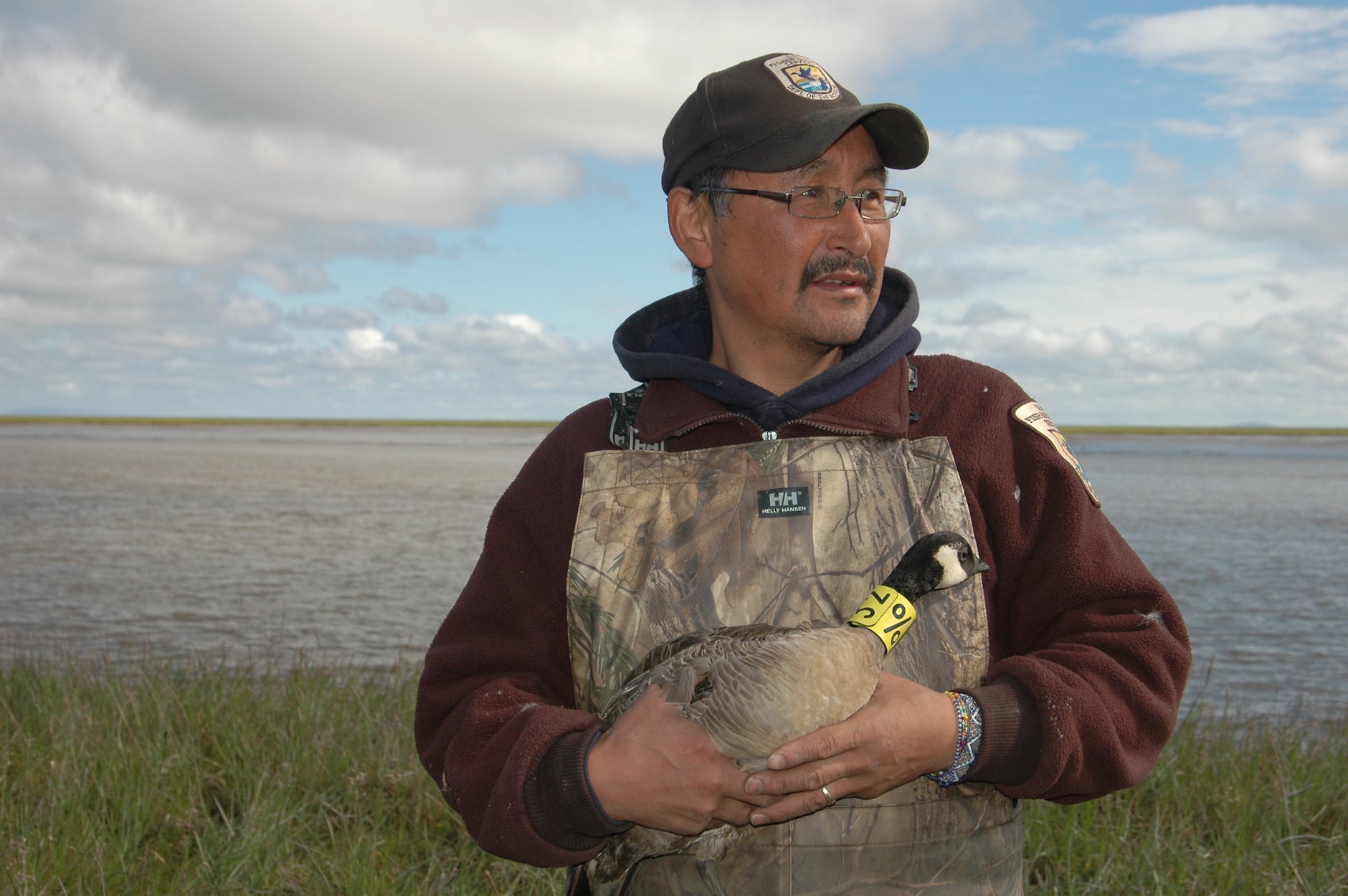
A fisheries ecologist and professor at Ave Maria University recently led a team of researchers in A study who investigated the connection between recreational hunters and fishers and their environment. Their conclusion is one that many sportsmen have known for a long time: that hunting and fishing can make us better stewards of our land and water.
The study authors concluded, among other things, that:
- By interacting with animals on a closer level and “thinking like a deer” or “reading a river,” we are more in touch with these animals and can better understand their needs.
- Being exposed to and participating in the death of an animal is a deeply emotional experience that can lead to reflection and build a sense of responsibility. The weight of this responsibility makes hunters and fishermen more, not less, thoughtful.
- The intensive process of grazing and processing an animal is an even deeper level of involvement, allowing hunters and fishermen to consciously become part of the food chain.
Dr. Samuel Shephard, lead researcher and who grew up in Scotland in a family obsessed with trout fishing, was in a unique position to investigate this concept. (He now works in the biology department at AMU, where he teaches courses in marine biology, ecology, and environmental science.) Shephard collaborated with researchers in Sweden, the Czech Republic, Germany, and New York, and the team of authors published the study in the peer-reviewed journal Nature Sustainability on July 3. It refers to other writings and previous research to support the conclusion outlined in the title: that “Recreational killing of wildlife can promote environmental management” and bring us closer to nature.
“We propose that humans should not withdraw from nature but instead connect to their local ecosystems as much as possible, including through the consumptive use of wildlife,” the authors summarize. “Drawing on a rich literature from philosophy, anthropology, ecology, and other disciplines, we show how hunters and fishers can serve as optimal stewards under certain circumstances, precisely because capturing, killing, and eating wildlife can become a route to stewardship responsibility.”
Shephard says this idea has been overlooked or even turned on its head, as many people associate preservationist (i.e., “hands off”) ideals with environmental stewardship. He argues that a better way to care for the natural world is to embrace our position in the food chain. And he believes that killing and eating wild animals embeds people in their natural environment in a way that no other outdoor experience can.
“[Hunting and fishing] teaches you how to participate in the ecology of a system,” says Shephard Outdoor living“I think killing things, paradoxically, fulfills that role, because it sinks you beneath the surface of the system in a pretty profound way.”
His suggestion runs counter to the evolving negative emotions toward hunting and fishing. Public approval of hunting is at its lowest since 2011, according to a recent annual survey. This larger societal shift has motivated some outdoorsmen to examine the deeper reasons why they hunt and fish.
According to that research, the most commonly accepted “why” for food is that when hunters and fishermen eat what they kill, their actions are much more palatable to the non-hunting masses. But Shephard believes that this reasoning completely ignores another important benefit of harvesting fish and wildlife from our local forests and waters. The only caveat here is related to “how” we go about it, as the researchers concluded that superficial interactions—things like canned hunts, for example—do not foster the same connections.
“People think, well, at least you’re not wasting the animal,” Shephard says. “But that’s not a very well-founded argument from the perspective of those who object to fishing and hunting, because for the vast majority of us, what we kill is just part of our diet. The killing is more important because it allows us to encounter nature in a unique way and recognize our place in the food web. It anchors us to the system in a way that allows us to understand the system, care for it, and be cared for by it. Eating the animal is part of that anchoring process and making connections.”
Read more: The Heart and the Skull: A First Deer Hunt Brings You Closer to the Wilderness
Ultimately, Shephard says, the motivation behind the study was to ask who is best positioned to be a steward of a given landscape. Part of that answer, he believes, can be found by looking to indigenous peoples around the world. Shephard has worked with and studied several of these cultures, and he’s seen firsthand how their working knowledge of an ecosystem helps them thrive there. But they didn’t gain this knowledge by leaving resources untouched, Shephard points out. In fact, the opposite is true.
“Humans have had a huge impact on ecosystems, not just since the Industrial Revolution in the last 150 years, but for thousands of years,” he says. “In Tanzania, the Maasai are being evicted from many of their traditional lands to create protected areas, basically for rich people to look at. The irony is that those savannah areas only look like they do because they’ve been grazed by Maasai cattle for thousands of years.
“To answer the question, ‘Who is most likely to be a good steward?’ It’s probably the person who is deepest in a system, understands it best, has the knowledge and skills, and cares about it the most.”
syndication@recurrent.io (Katie Hill)
 Healthy Famz Healthy Family News essential tips for a healthy family. Explore practical advice to keep your family happy and healthy.
Healthy Famz Healthy Family News essential tips for a healthy family. Explore practical advice to keep your family happy and healthy.


